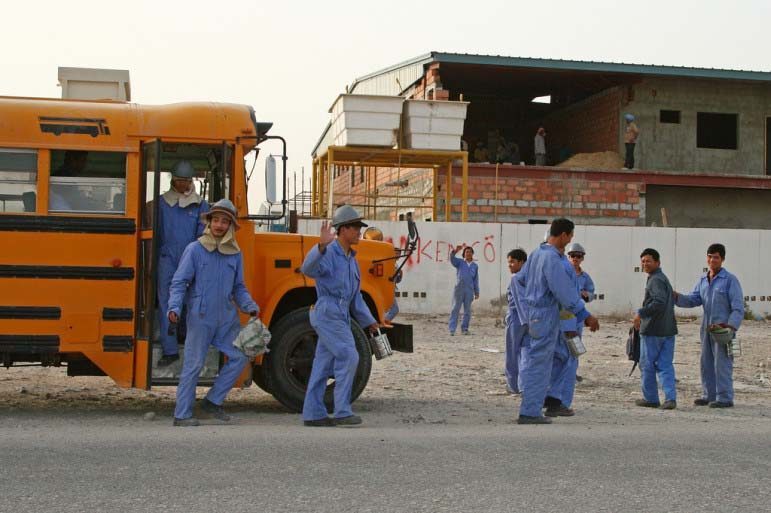
As a country with great wealth, widespread diversity and rapid development – but also stark class divisions and documented human rights abuses – Qatar is often the subject of great debate, both here at home and abroad.
Among the questions that some residents struggle with is whether choosing to work and live here makes one complicit in accepting the status quo.

According to one former expat, the answer to that question is complicated.
In an opinion piece titled “The Moral Conflict of Living and Working in Qatar” for personal finance website Billfold, Dane Wisher said that he is often asked whether Qatar is a good place to live and work.
The former community college professor, who spent three years here and recently returned to the US, said that as an American, he found Qatar to be full of opportunity, new experiences and comfort.
But he also warned that living here too long can make one numb to the suffering of others:
“The place has a way of sucking you in with its material comforts and opportunities for travel. It has a way of making you forget the bad stuff or, worse, becoming inured to it.
…As a human being you get used to passing emaciated workers on construction sites on the walk to the Kempinsky or the Four Seasons. You get used to seeing Qatari men browbeat—and sometimes actually beat—South Asian drivers on the side of the road. You grow accustomed to watching workers on break line up in the shade of a single palm tree as the dirt sizzles around them in August. You stop registering the busses with no air-conditioning carrying the laborers to and from their cramped quarters. You stop noting the way the men press their dusty faces out the open windows for air.”

He concluded that though he is better off personally for having lived here, many people aren’t so lucky:
“Realistically, you have to decide if the money and opportunity are worth the abuses that your presence in Qatar helps to legitimize through your taking part in it. You are working in a place built on labor practices that would be outlawed in your home country. It really isn’t an easy choice, especially when you want the work and a great professional opportunity presents itself, but it’s one you do tacitly make when you go there. You may not realize it at first, but you have to be willfully obtuse not to see it once you’re there.”
Read the full opinion piece here.
Thoughts?







